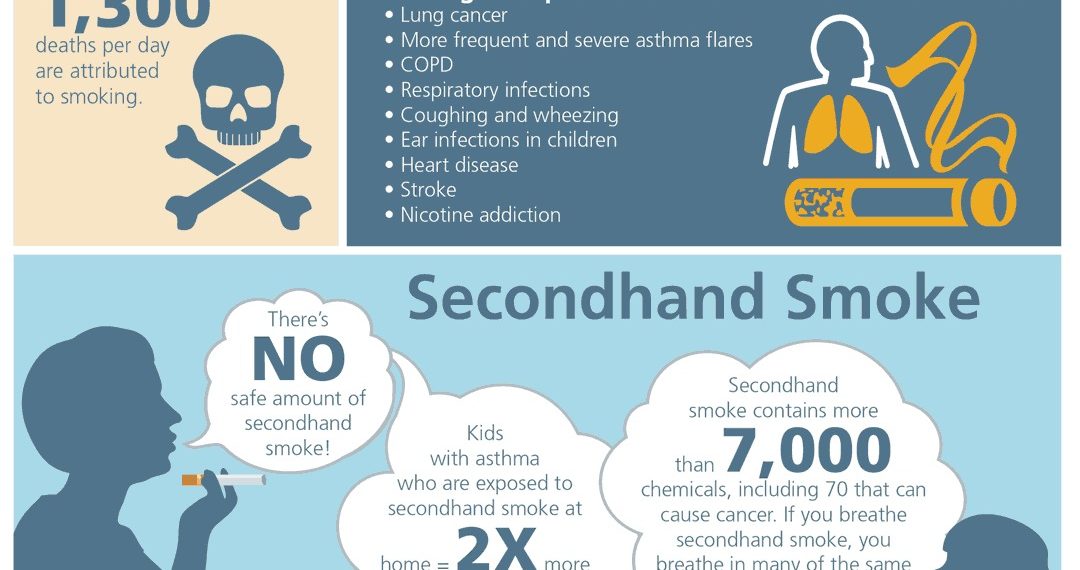The World Health Organization (WHO) has advised people affected by asthma to take comprehensive control measures when dealing with tobacco in a publication on the new knowledge summary focused on tobacco use and asthma.
According to WHO, the published summary sheds more light on the significance health impacts of tobacco use on the people affected by asthma.
“Protecting individuals with asthma from the harmful effects of tobacco smoke is crucial to reducing the burden of asthma,” said Dr Vinayak Mohan Prasad, Head of Unit, No Tobacco at WHO.
The new knowledge that has been published by WHO provides a greater insight on mothers who smoke give birth to babies with small lungs and are on a high risk of developing asthma during childhood.
For the children exposed to second-hand tobacco smoke are also in a high risk of developing asthma. Mothers and pregnant women are advised to receive targeted support to quit tobacco use in order to protect their children from developing asthma and other respiratory conditions.
“We aim to support communities and governments in implementing effective tobacco control policies that safeguard public health and improve the quality of life for those affected by asthma.” Added Dr Vinayak Mohan Prasad, Head of Unit, No Tobacco at WHO.
Young people that are either in adolescence or adulthood stage are advised to take precautions when smoking because it increases the risk of developing asthma.
Those living with asthma are also to be cautious when dealing with tobacco because smoking worsens symptoms and can make treatment with medication less effective.
Asthmatic people are in high risk of increasing the likelihood of asthma attacks and complicating asthma management when exposed to second-hand tobacco smoke. They are to avoid second-hand smoke exposure in order to prevent and manage respiratory diseases.
The new summary by WHO also addresses the risks involved with electronic nicotine delivery systems(ENDS). E-cigarettes and other nicotine-delivery devices can carry risks similar to conventional tobacco products, potentially worsening asthma symptoms and increasing the likelihood of respiratory issues.
According to WHO, it is important to implement effective Tobacco control measures in order to protect all individuals particularly those that are vulnerable to asthma.
WHO recommends enforcing policies that make all indoor public places, workplaces and public transport completely smoke-free, providing comprehensive cessation support, including brief advice, toll-free quit lines and pharmacological interventions, and raising awareness about the risks of smoking and exposure to second-hand smoke, particularly among pregnant women and parents.
Tobacco and nicotine industries are advised to aggressively market their products especially when specifically relevant audiences. They are to protect youth from these harmful tactics through robust regulations. There should be a comprehensive ban on tobacco advertising, promotions and sponsorships.
WHO has confirmed that Asthma is a major global health concern that is affecting approximately 262 million people and causing 455 000 deaths annually.
The WHO knowledge summary has highlighted the urgent need for concerted efforts to reduce the burden of asthma through effective tobacco control measures and support those who want to quit using tobacco.














